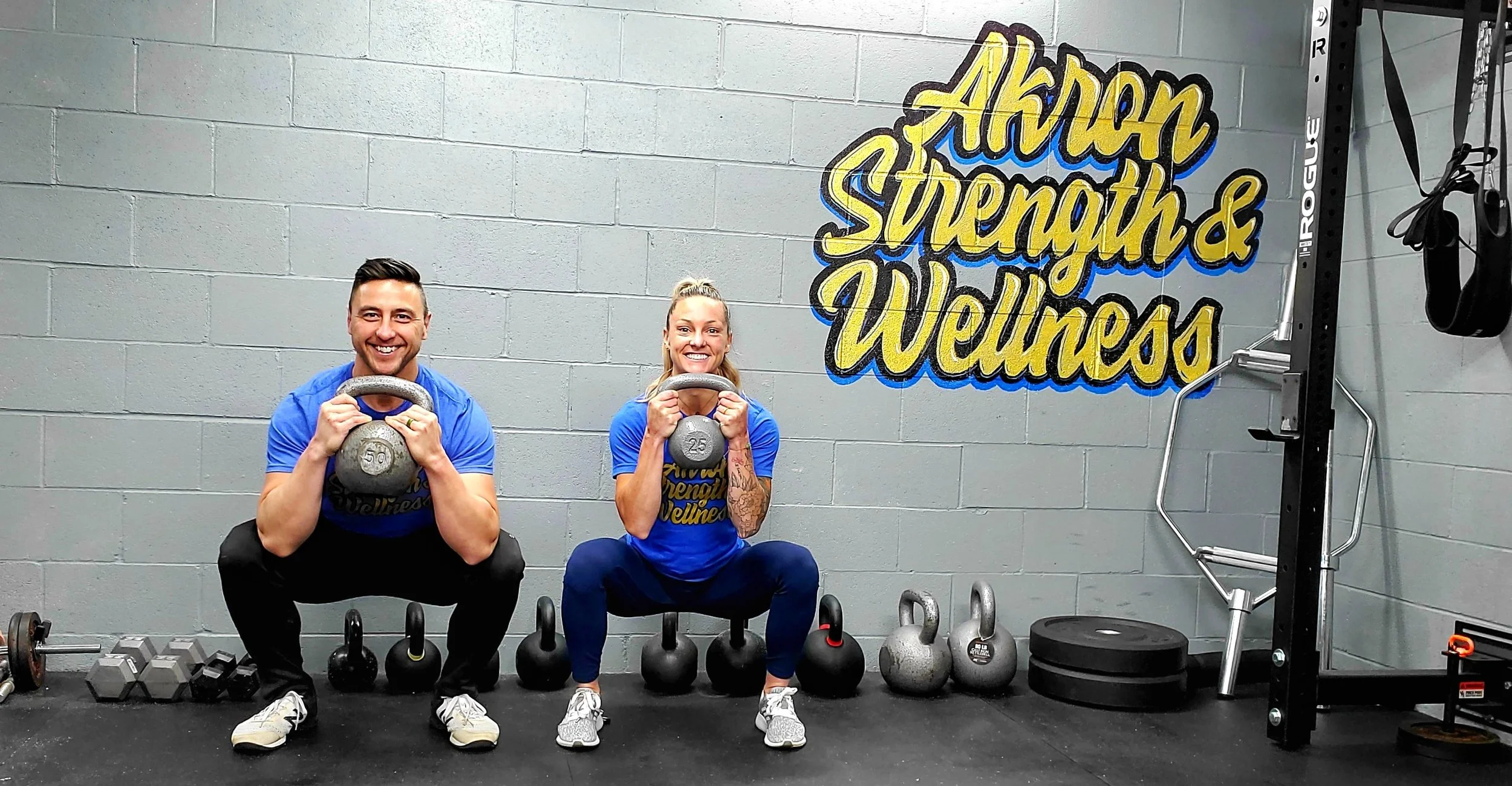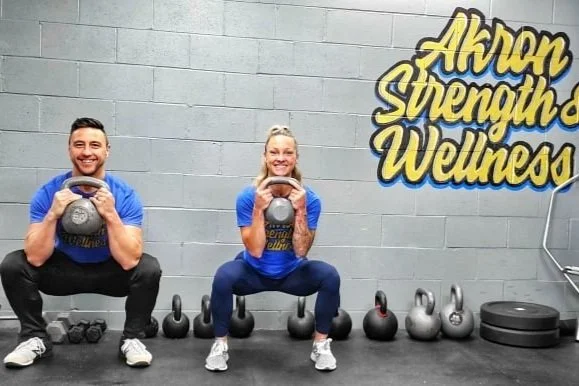Week Four - Protein:
Why it’s so important and what it will do for your body
Module 4-A: Intro to Week 4
Module 4-B: 5 Ways to Add More Protein to your Diet
Module 4-C: What Does a 1,800 Calorie, High-Protein Day Look Like?

Week Four -
Why Protein is so important and what it will do for your body!
-
“Proteins are where the action is in human life and health," -Akhilesh Pandey
Are you getting enough protein in your diet?
For most people, the answer is no.
If you looked at your Macronutrient Goals Sheet and noticed a huge gap between those numbers and what you logged in the past 3 weeks, you aren’t alone.
In the oft-processed foods that fill our grocery stores, fast food joints, as well as many restaurant menu items, protein takes a back seat to fats and carbohydrates.
But whether your goal is to pack on slabs of hard muscle or to burn off pounds of body fat, Protein is king. It makes sense to build your meals out from protein (adding veggies, smart carbs and healthy fats) for a variety of reasons:
-Protein curbs your appetite and cravings:
Simply put, protein makes you feel fuller, longer, than the other macronutrients - carbohydrates and fats. Consuming a substantial amount of protein will help keep your cravings at bay and erase feelings of deprivation and starving yourself. People that I coach often find, even though they are consuming fewer calories, they are eating a greater volume of food than they were before.
-Building and preserving muscle mass:
Protein is made of amino acids, which is basically what we are made of. Protein is necessary to build lean muscle. When you are in a fat loss phase, your body doesn’t just get rid of fat, but lean tissue as well. High protein consumption will help you keep the muscle you want and get rid of the fat you don’t.
-The Thermic Effect of Food:
The process of digesting food burns a certain amount of calories. This is known as the Thermic Effect of Food. But not all food burns the same amount of calories to do this work.
According to Dr. Helen Kollias of Precision Nutrition, “Protein takes the most energy to digest - 20-30% of total calories in protein eaten go to digesting it, ” while the other two macronutrients, carbohydrates and fats, burn 5-10% and 0-3% of their total calories to digest, respectively. That means of the 300 calories of that delicious grilled chicken breast you eat, only 240-210 of those calories will be netted, as opposed to 285-270 netted from carbs or 291-300 netted from fats. Those numbers can really add up over time.
Protein Intake Recommendations: 0.6 to 1.0 grams of Protein per lb. of bodyweight per day.
Those who are looking to lose fat and retain as much muscle mass as possible should be on the high end of that range and can even go beyond. Because of the filling effect and lower calories per gram, it is very difficult, if not impossible, to overeat lean protein.
List of some high protein foods:
-Chicken (grilled, skinless)
-Turkey
-Pork Loin
-Lean Ground Beef
-Lean Steaks, like Sirloin and London Broil
-Eggs and Egg Whites
-Beans and Lentils
-Plain Greek Yogurt
-Shellfish
-Tilapia, Salmon, Halibut, Tuna and other lean fish
-Protein Powders/Shakes
-Seitan
-Tempeh
-Plant-based Protein Pastas (I love you, edamame spaghetti!)
This week, the focus is on protein. Consider these questions to help you raise your awareness to your protein intake:
-What is your source of protein at breakfast, lunch and dinner?
-Which meal is your protein intake low? (considering the amount “low” will vary for everyone - but a good rule of thumb is to get between 25-30 grams of protein per meal)
-What are your favorite protein sources?
-Which meal do you plan to increase your protein intake this week?


